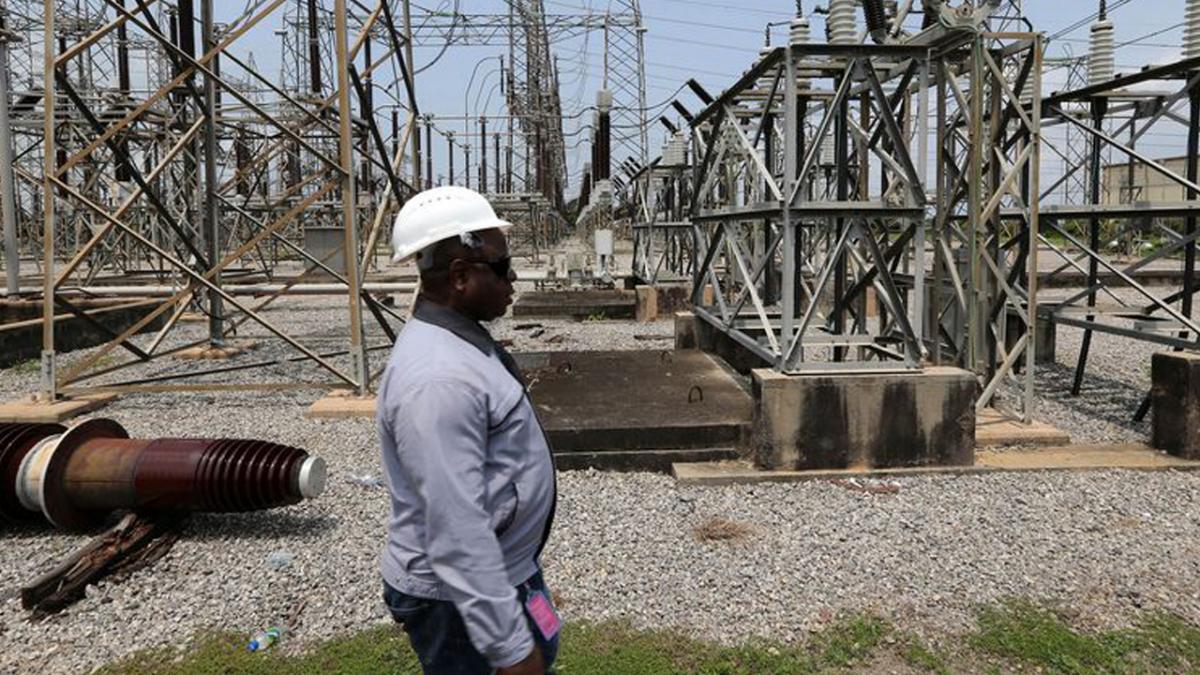There are no products in your shopping cart.
| 0 Items | £0.00 |


ELECTRICITY companies that fail to deliver assigned volumes assigned to them under the contractual agreements they have entered into with the government will face stiff penalties under new laws about to be introduced.
Nigeria is facing a chronic power crisis as the country only generates about 7,000MW, of which only 4,000MW can be distributed, compared with say 59,000MW in Egypt and 58,095 in South Africa. Plagued by this colossal inadequacy, Nigeria has become the world's biggest importer of medium and small generators and the second largest purchaser of big generators.
Apart from the fact that these generators create an environmental menace, they are also very expensive to maintain, pushing up the cost of living in Nigeria. To combat the problem, the government is looking to expand the volume of electricity it generates as well as ensure effective distribution and transmission.
Under proposals just outlined by power minister Abubakar Aliyu, supply will improve this month as the power companies have just signed contracts with the government outlining specific amounts of electricity they will be offering customers. He added that the operators who signed these new contracts included generating companies known as Gencos, the Transmission Company of Nigeria and distribution companies known as Discos.
Mr Aliyu said: “We signed reactivated contracts with the operators, Gencos, TCN and the distributors. This means if you have a firm commitment from whoever generates what he says he is going to give, he must give otherwise there will be a penalty and he must not give otherwise, there will be a penalty.”
He added that the operations will be overseen by the Nigerian Electricity Regulatory Commission (Nerc) to ensure all parties keep to the agreement. “That was why the Nerc chairman mentioned something about July 1, 2022, saying Nigeria will start to enjoy electricity. This is a process towards that,” the minister said.
Insecurity is also affecting power supply across Nigeria as many installations have been vandalised by hoodlums. However, Mt Aliyu said the government has been able to take back electricity to Maiduguri, Borno State, where the jihadist group Boko Haram attacked installations.